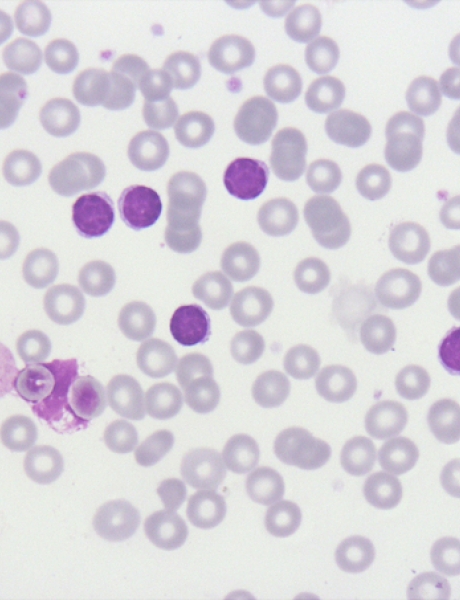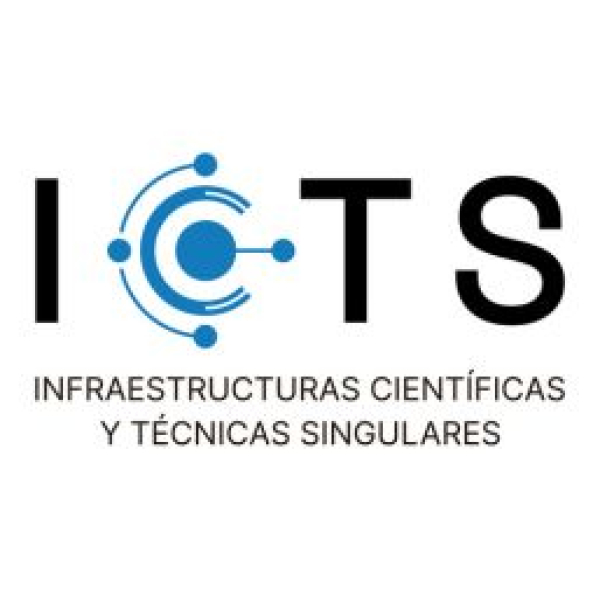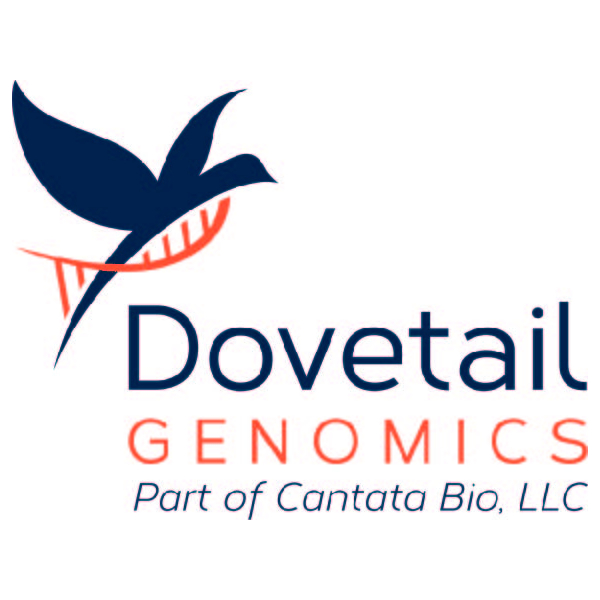
The International Cancer Genome Consortium is an international effort to establish a comprehensive descriptionof genomic, transcriptomic and epigenomic changes in50 different tumor types and/or subtypes which are of clinical and societal importance across the globe.
Spain’scontribution to the ICGC is on chronic lymphocytic leukaemia (CLL). CLL is one of the most frequent tumors in Western countries. It represents 35% of all leukemias with an incidence of 3-7 per 100.000inhabitants and affects 12-15/100.000 in people over 60 years.
The disease is heterogeneous; there are patients who have a long clinicalevolution with a stable disease whereas others follow a progressivecourse with a median survival of 5-8 years. This heterogeneity is due to the existence of two major molecular groups, characterizedrespectively by the presence or absence of somatic mutations inimmunoglobulin genes.
Different genetic alterations have been identified associated with particularclinical presentations and evolution. There is also evidence of genetic predisposition, but the initiating genetic alterations are largely unknown in both sporadic and inherited cases.
Today, there is no curative therapy for CLL. As a contributing member of the ICGC, the CLL Consortium led by Dr Elias Campo (Hospital Clínic de Barcelona, and Dr Carlos Lopez-Otín (Universidad de Oviedo) will generate a comprehensive catalogueof genetic alterations in 500 independent tumors. Normal and tumor samples with highly purified tumor cell content (>95%) and normal samples with <5% tumor cell contamination are currently being sequenced at the CNAG.
More information











